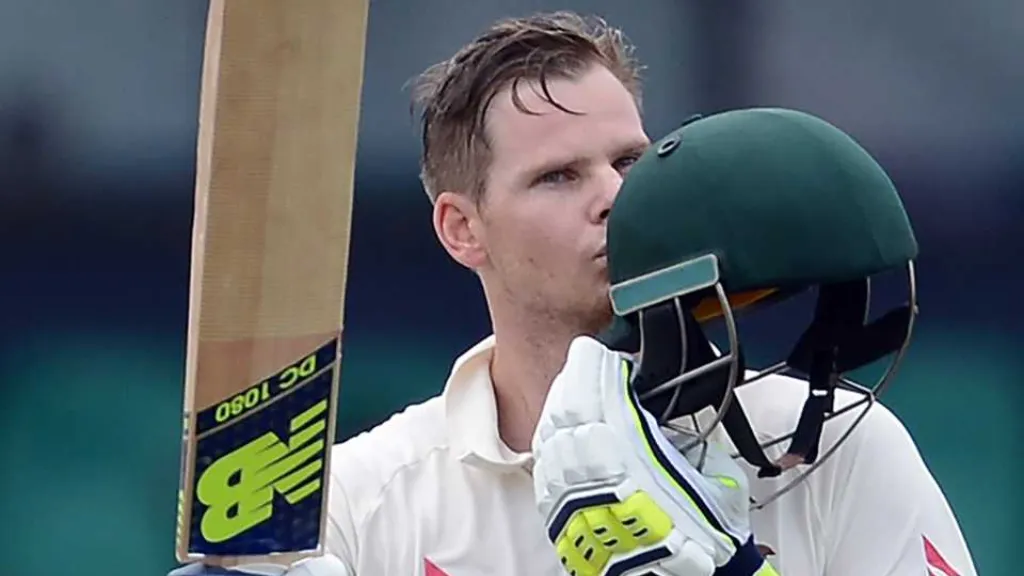Australian batter Steve Smith has confirmed a personal ambition to compete for Australia when cricket makes its Olympic return at the Los Angeles 2028 Summer Games, although he recognises the pathway to selection in the T20 squad will be difficult.
In an interview with Sky Sports, the three-time Test captain remarked that the Olympic ideal has long captured his imagination. With cricket’s only previous Olympic appearance dating to 1900, he views the moment’s novelty as compelling and formative.
“Qualifying for the 2028 Olympic team is certainly among my objectives,” Smith remarked. “I recognize the pathway is demanding, but my intention is to persist with utmost effort.”
At the time of the Games Smith will be 39 years old. He reflected that as a boy he watched Australian Olympic squads perform in various sports and, in tandem with cricket’s more-than-century-long absence from the programme, that memory fuels the current desire. Consequently, the prospect of being part of cricket’s singular re-entry strengthens his drive.
The right-handed batsman has already amassed considerable honours on the international stage: multiple World Cups, campaigns in the Champions Trophy, and World Test Championship finals. Yet he regards the Olympic opportunity as an entirely different proposition. “I’ve obviously played in lots of World Cups and Ashes… but when this popped up it was something new,” he remarked.
After Australia’s exit from the 2025 Champions Trophy, smith stepped away from the one-day format. His final T20I appearance was a standalone fixture versus New Zealand in February 2024. With the T20 World Cup on the calendars in India and Sri Lanka next year, his path appears narrow, as the current squad is already rich in explosive batting talent.
Debuting in the format in 2010, he has since accumulated 67 matches, 1,094 runs, and a strike rate of 125.45. Across 261 appearances in domestic franchise leagues, he has accumulated 5,864 runs, including four centuries.
The viability of extending his international tenure to feature in the Olympic squad remains uncertain. Yet, the desire to chase that uncharted territory persists.









